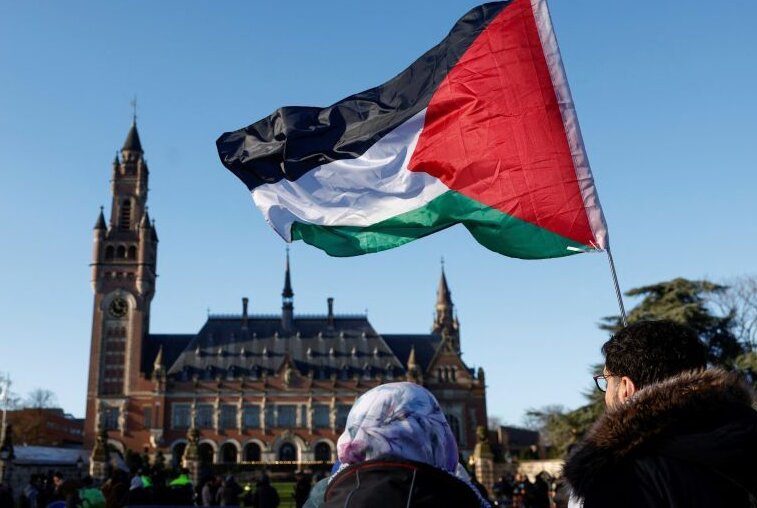The ICJ Gaza case and a race against time

TEHRAN- On July 27, The Guardian reported that the International Court of Justice (ICJ) has postponed its final ruling on the Gaza genocide case until at least 2027. The delay follows a six-month extension granted to Israel to prepare its defense, with the court accepting Israel’s claim that “evidential issues” related to South Africa’s genocide case necessitated more time.
While the postponement has been widely noted against the backdrop of heightened humanitarian distress, a broader analytical lens reveals nuanced institutional and systemic considerations underlying this development.
Structural limitations on international justice
The ICJ decision to postpone the Gaza genocide ruling until 2027 embodies its steadfast commitment to rigorous legal standards. Central to the court’s process is the requirement to prove “genocidal intent” beyond a reasonable doubt, a high evidentiary threshold designed to ensure due process and avoid premature or politically driven judgments.
While this meticulous approach may slow judicial proceedings during urgent humanitarian crises, it aims to protect the integrity and legitimacy of international law by balancing the rights of the accused state against broader legal responsibilities.
Simultaneously, the delay highlights the complex intersection of law and politics in international adjudication. The ICJ operates within a global system marked by divergent national interests, strategic alliances, and diplomatic sensitivities.
Granting Israel extra time to prepare its defense reflects a pragmatic effort to ensure fairness and secure the cooperation needed for enforcement, as rulings depend not only on legal correctness but also on political realities.
Furthermore, the postponement reveals structural limitations inherent to international justice. Unlike domestic courts, the ICJ lacks independent enforcement power and must rely on the political will of states and bodies like the UN Security Council.
Political dynamics, including vetoes and conflicting interests, can hinder implementation, demonstrating the entanglement of legal processes with geopolitical constraints.
Balancing justice and urgency in crisis
This situation also foregrounds a critical discourse about the role and expectations of international legal institutions in times of crisis. While the urgency of humanitarian suffering intensifies calls for swift responses, the principles of justice and rule of law caution against sacrificing procedural fairness for expediency.
International justice seeks not only to address immediate violations but also to set lasting precedents that reinforce global accountability and deter future crimes. Achieving this balance requires deliberate and sometimes painstaking processes.
Looking forward, the ICJ’s delayed ruling invites reflection on how international judicial mechanisms can evolve to better reconcile the demands of urgency and thoroughness. Innovations in evidence-gathering technologies, enhanced international cooperation, and reforms in procedural protocols may help accelerate proceedings without compromising standards.
Additionally, strengthening parallel diplomatic and humanitarian efforts is vital to mitigating suffering during judicial deliberations.
This delay of the ICJ in the Gaza genocide verdict speaks to the arduous act of balancing justice, law, and geopolitics. It is an expression of the considered approach, founded on principle, that insists on fairness and rigor.
Yet every day of delay further deepens the tragedy in Gaza, and one must keep on asking: Can justice afford to wait? Are these humanitarian crises unfolding in real time so fleeting that the legal deliberation systems have to beat fast? T
his delay is not just a procedural issue—it asks the international community to pause and reflect: How do we juggle offering justice with the highest standards against the ability to act swiftly enough to save lives?
The challenge is clear before us—justice should not only uphold humanity with the highest standards of integrity but should be swift enough; otherwise, justice delayed is rightly deemed justice denied.
